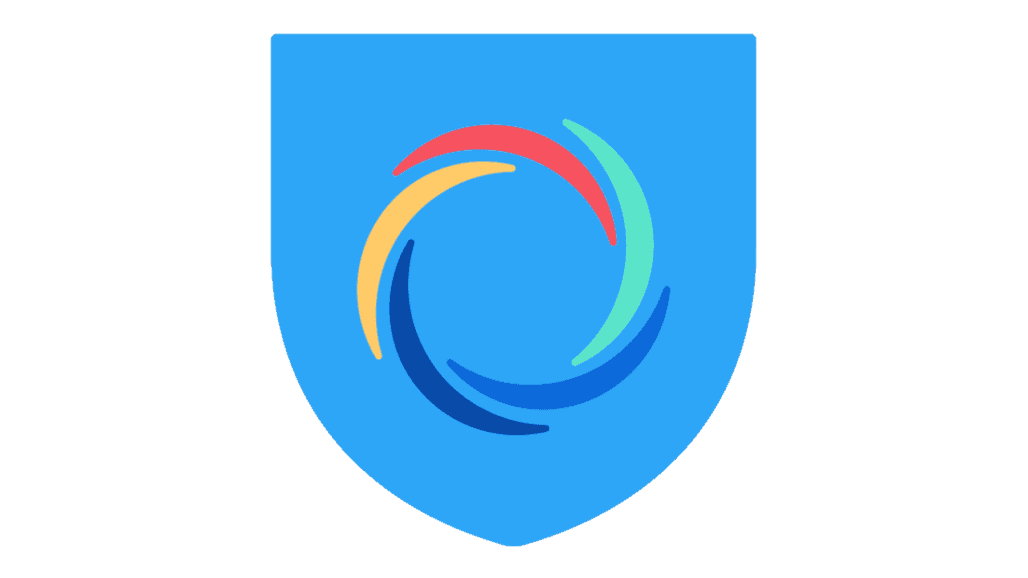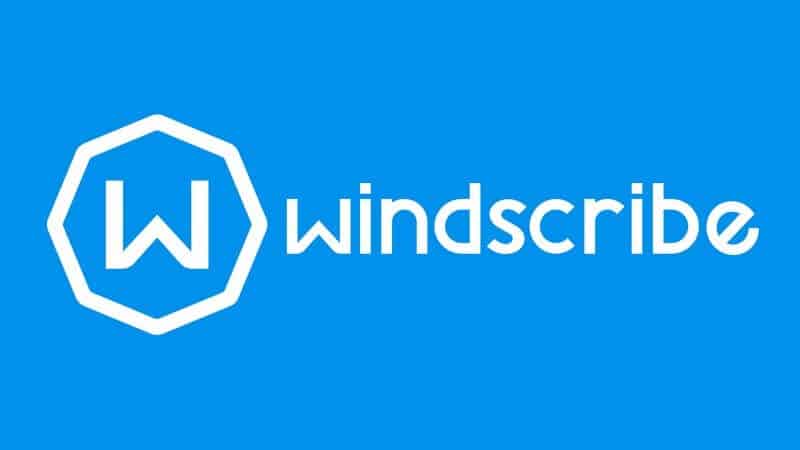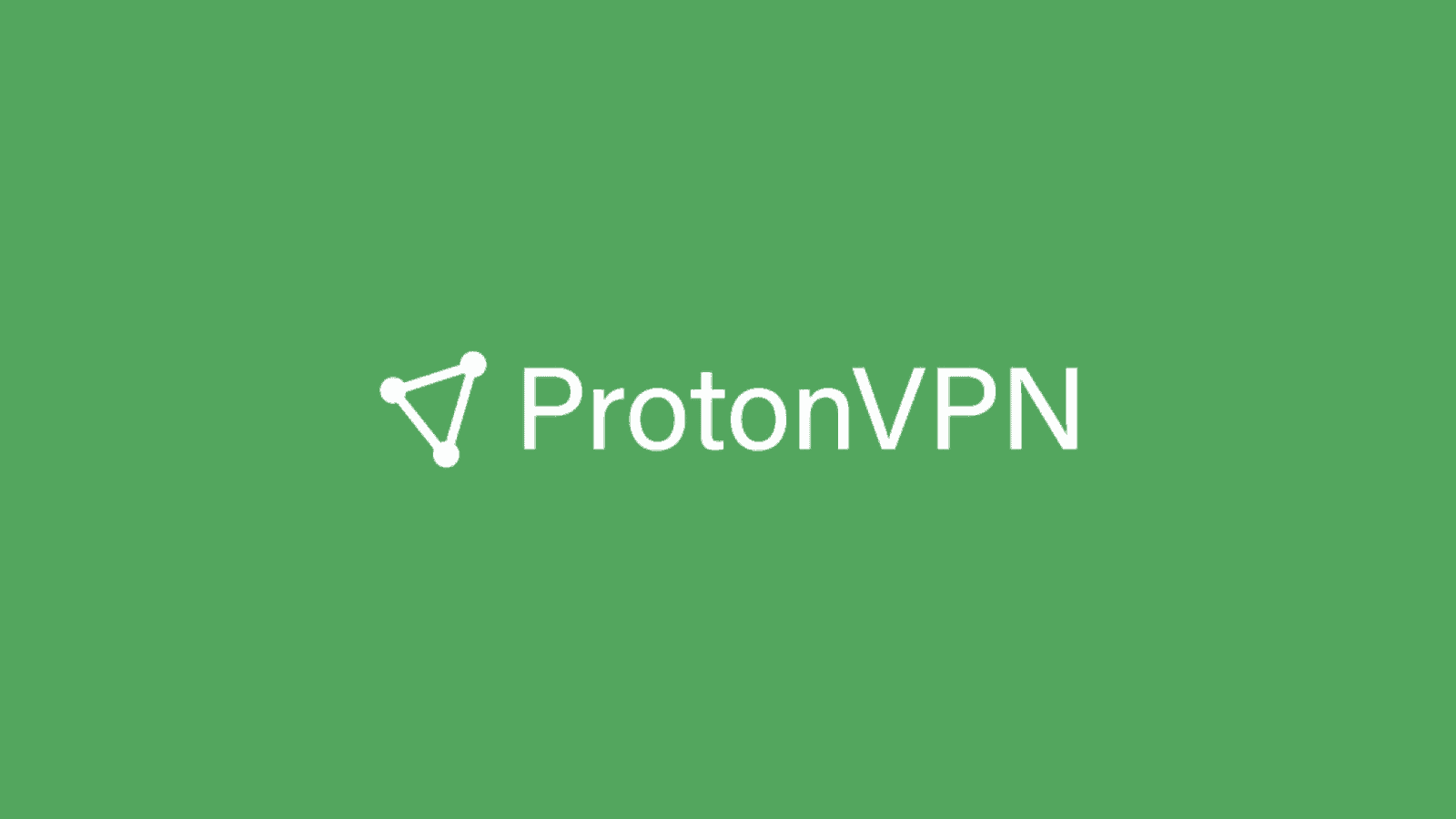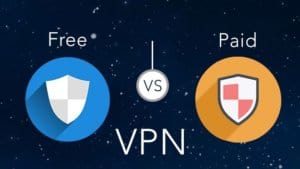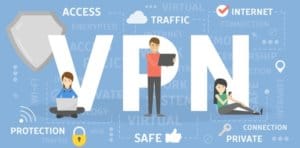Best Free VPNs Compared in 2021
Virtual Private Networks (VPNs) have become immensely popular these days and for good reason. VPNs can be used to help unblock content in foreign countries, stream movies from a different country, or protect your identity when browsing and download files on torrent sites.
In this review, we will take a closer look at the different VPNs and help you select the right one for your needs. Read on to get our pick of the best free VPNs in the market today based on various features and many more.
-
-
In a Rush? How to Install our Recommended VPN in 3 Quick Steps:
Here is how to set up your connection to a free VPN. After completing these three simple steps, you are now good to go!
[three-steps id=”188523″]What are the pros and cons of using VPNs?
Pros- Allows you to access geo-blocked sites
- Protects you from online threats by securing your connection
- Masking your IP can save you money when booking flights or hotel rooms
- Cheaper than most other privacy-protection plans
- Can speed up a throttled internet connection
- Lets you download files anonymously
- Facilitates easy sharing of files between remote clients
Cons
- Using VPNs is illegal in certain countries and could attract fines
- May lead to performance issues slowing down your connection
- Does not always bypass all restrictions
- No guarantee of complete anonymity
- Most VPNs only support the main operating systems and may have compatibility issues with minor platforms
- Can increase the costs of internet use
- Harder to set up for business users than individuals
- Some VPN service providers use your data and monitor your activity
Top 5 Free VPNs Compared for 2021:
1. Hotspot Shield Free VPN – Best free VPN overall
Hotspot Shield takes the top spot on our list as one of the most comprehensive free VPNs out there. To start with, it has a focus on security, which is great for anyone who does online shopping or banking.
With what the team refers to as military-grade encryption, it is among the best options for keeping your nerves in check. Another key feature is its daily data allocation of 500MB. This translates to 15GB monthly limit, making it one of the most generous offers from free providers.
And if you were to upgrade to the Elite version, there would be no data limit whatsoever. It is also a highly versatile choice, appropriate for both experts and beginners. For newbies, it comes with an intuitive interface, meaning no steep learning curve. Both the desktop and mobile versions are easy to use, which is a major plus in the VPN arena. With the free version, you can protect a maximum of 5 devices. However, even though it has 70+ server locations, the free version limits you to automatic selection.
During signup, you will notice that there is no way to go directly to the free plan. Rather, you have to sign up for a free trial of the Elite plan which lasts 7 days. After the period elapses, you can now go for the free version. The downside here is that you have to provide your credit card information just in case you decide to stay on the paid plan. Overall, Hotspot Shield is one of the best options if all you want is to encrypt your traffic and hide your identity.
Our Rating
- Easy to use app
- Generous data limit
- Over 2,500 servers
- Credit card data required during signup
- Does not offer the most impressive performance
- Automatic server selection limits your options
2. Windscribe – Free VPN with enticing offers
Aside from being one of the best providers of paid VPNs, Windscribe also offers a compelling free plan. It is renowned as one of the more generous options when it comes to data limits.
You can get up to 10GB data allocation monthly, which is quite competitive. Moreover, users get enticing offers for various activities. If, for instance, you refer your friends and they subscribe to a paid plan, you get free access to the same plan. You can also get a boost of 5GB data allocation simply for tweeting about the service.
And every time you invite a friend to join, you get a further 1GB. The signup process is a breeze and does not require any personal details. Even giving your email is optional, though it would be of great help if you forget your password.
With over 60 server locations, the service allows free users to choose from up to 10 locations. These include Canada, UK, US and Hong Kong. A unique feature of the service is that it gives you a built-in firewall and adblocker. With regards to privacy, the service does not store visited sites, IP stamps or connection logs. For the duration that you are actively connected to their server, it will only store your username and password.
It will also keep track of the amount of data you transfer and the server you connect to. But once you end the session, it erases all data within a mere three minutes. There is no limit on the number of devices supported. On the downside, the interface looks a little cramped and is not user-friendly. If you opt not to provide your email address, your data allocation will be limited to 2GB.
Our Rating
- Generous data allocation
- Plenty of ways to boost data limit
- Built-in adblocker and firewall
- Not the simplest app to use
- Inconsistent speeds at times
3. TunnelBear – Best for beginners
Despite of its whimsical name and design, TunnelBear is one of the more serious free VPNs at the moment. Following its acquisition by MacAffee, the service has gone out of its way to provide a compelling offer. Sporting a clean user interface, both on the desktop version and mobile app, it is a great choice for beginners.
The signup process is fast and hassle-free and does not require any personal information. And thanks to some recent tweaks to its privacy policies, it collects very little data from users. You will not have to provide a name during the signup process and they will not track the number of connections you make using the service. Even though the service only has servers in 20 countries, free users can connect to any of these.
It has a setting known as Ghostbear, which mimics regular data traffic to conceal the fact that you are using a VPN. One of the biggest downsides to the service is that you only get 500MB monthly data allocation on the free plan. Though you can get a bonus for tweeting about the company, it only amounts to 1GB. In view of today’s auto-playing ads and massive web pages, heavy internet users will likely burn through that data in a day.
This makes it ideal for use as a standby option only or for light use such as checking mail. Another underwhelming aspect is its slow and unreliable network connections. Its average latency is significantly lower than that of most competitors.
Our Rating
- Highly intuitive and clean interface
- Collects very little user data
- Has a feature for disguising encrypted data so as to conceal VPN use
- Very low data allotment
- Slow and unreliable connection
4. ProtonVPN – VPN with the most generous bandwidth
For anyone who appreciates a free VPN but cannot stand data restrictions, ProtonVPN is the ideal choice. This is one of the few free options where you can use as much data as you want with no restrictions. Based in Switzerland, which is famous for its liberal cyber laws, ProtonVPN offers excellent privacy policies. To start with, its policies strictly forbid logging user data.
Signing up simply requires your email address and there are no ads whatsoever anywhere, not even on its site. It supports all operating systems, including Android, Mac, Windows and iOS plus a command line for Linux. You will also enjoy access to a fever chart showing data traffic as tabular details for total data transferred and time connected. However, as with all other service providers, ProtonVPN wants to incentivize you to upgrade to a paid plan.
In order to do this, it limits the use of the free version to only a single device and a mere three server locations. Only its secure core servers are based in Switzerland and out of the reach of law enforcement agencies elsewhere. However, free users are limited to servers in the Netherlands, Japan and the US. As such, they are not as privacy-protected as paid users. When it comes to speed, free users get lower priority in comparison to its paid users. Also, free users notice that their VPN speeds often drop during peak hours.
Our Rating
- Unlimited bandwidth
- High priority on privacy
- No login or adverts
- Free plan limited to one device
- Only three server locations to pick from
- Low priority on speed for free users
Paid vs. Free VPNs
We now know how to use free VPNs as well as the merits and demerits of using them. But you may be wondering, is there a catch to using free VPNs? How do they compare to their paid counterparts?
Though these are common questions, they might not necessarily have straightforward answers. In order to help you determine which option would make more sense for you, let us get a thorough explanation of the differences between the two.
Price
Who does not love freebies?
Without a doubt, free always sounds a lot more alluring than having to pay an annual subscription fee. But do you get what you pay for with free services? Is a free VPN as trustworthy and reliable as a paid one?
Quality
Free VPN service providers incur overheads just like their counterparts. How do they do so without charging you for the service? Some pay their bills through ads. What this would mean for a free VPN user is a constant barrage of annoying ads.
Some nefarious ones go as far as selling user data to third parties. Though these are the exception rather than the rule, they illustrate the need for caution.
Even for the ones that are trustworthy, the free package is typically an enticement to paid services. As such, free plans often have speed issues and connection drops, limits on the amount of data you can get, the number of devices and the number of servers you can connect to. Free VPNs don’t offer full functionality of a paid subscription either.
On the other hand, the modus operandi of paid services is simple. Users get what they pay for. Consequently, such users often get a higher quality of service than free plan users.
Privacy
Some free VPNs log user activity for their own selfish motives while on paid VPNs, this is less likely. Therefore, in case you are considering the use of a free service, take a moment to check the site’s privacy policy.
Admittedly, there are free VPN service providers who operate on a no logging policy. If you are a privacy-centric user, go for such an option.
Security
In some cases, paid services offer multiple VPN connections, giving the user the freedom to choose. These could range from OpenVPN or Layer 2 Tunnel Protocol in combination with IPsec. However, using heavy encryption on your data may at times slow down your transmission speeds, which sucks when it is a paid service.
However, many free VPNs only offer one type of connection such as Point-to-Point Tunneling Protocol (PTTP). Depending on your intended use, PTTP may or may not suffice. For instance, while it is sufficient for streaming video, it may not be adequate for online banking.
The Bottom Line
In view of the above key features, it is clear that you might have to make some sacrifices if you opt for a free service. But depending on your usage habits, it might not be too steep a price to pay. As mentioned, a user who streams videos is very different from one who wants to keep sensitive financial data secure.
So at the end of the day, the best VPN service for one person may be the worst for another. Weigh your needs carefully and make the best choice to suit your circumstances.
Summary of Results & Conclusion
Based on the above, it has clear that a VPN is no longer a convenience but a need. Cyber threats are on the rise and show no sign of slowing down any time soon.
Though VPNs are far from perfect, they offer their users more pros than cons. They should thus be part of your cybersecurity suite. As it turns out, you do not have to break the bank to get one.
We found out that even though paid VPNs have lots of clear advantages over free ones, it is possible to find a free plan that meets your needs. In order to do so, you would simply need to assess your personal needs and then match them to the right VPN.
Whether you are looking for privacy, data capacity, ease of use, discretion, or any other feature, you can get a good VPN for free. Just do your research and find the perfect fit for your needs.
Hotspot Shield – Best free VPN overall
Our Rating
- Daily data allocation of 500MB for free users
- Military-grade encryption
- World’s fastest VPN
- No browsing activity logs
FAQs
What do I lose by using a free VPN?
Some free VPNs offer limited bandwidth, few server connections, low speeds or lack of adblocking.
Do VPNs allow me to be completely anonymous online?
This will depend on their privacy levels. For high privacy levels, consider a service that does not require an email address or personal information during signup.
How do free VPN providers make money?
Some use the free service as a marketing tool to entice free plan users to upgrade to paid plans after testing out the service. Others compromise user privacy by selling data to third parties.
When should I upgrade from a free VPN to a paid one?
There is no timeline for upgrading. You may do so whenever you wish to remove the limitations of your free plan and get more features.
What can I do with a free VPN?
You can do most of the same things as on a paid plan such as securing web traffic, spoofing your location and accessing geo-restricted sites. However, there might be some limitations that vary from one provider to the next.
Nica
Nica
View all posts by NicaNica specializes in financial technology and cryptocurrency. At her young age, she was already able to work with a Y Combinator-backed startup and another startup founded by Harvard graduates.
WARNING: The content on this site should not be considered investment advice. Investing is speculative. When investing your capital is at risk. This site is not intended for use in jurisdictions in which the trading or investments described are prohibited and should only be used by such persons and in such ways as are legally permitted. Your investment may not qualify for investor protection in your country or state of residence, so please conduct your own due diligence. Contracts for Difference (“CFDs”) are leveraged products and carry a significant risk of loss to your capital. Please ensure you fully understand the risks and seek independent advice. This website is free for you to use but we may receive commission from the companies we feature on this site.
Copyright © 2025 | Learnbonds.com
We use cookies to ensure that we give you the best experience on our website. If you continue to use this site we will assume that you are happy with it.OkPrivacy policyScroll Up

